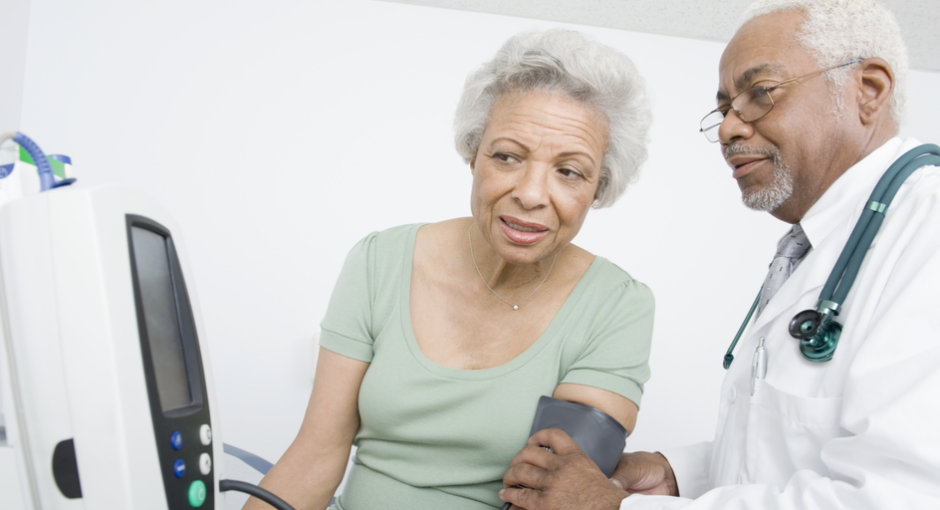340B disproportionate share (DSH) hospital outpatient departments are more likely than other hospital outpatient departments and independent physician offices to treat Medicare beneficiaries with chronic conditions who are Black, disabled, or who have low incomes, a new 340B hospital-funded study concludes.
The study commissioned by hospital group 340B Heath compared the characteristics of 3.8 million Medicare beneficiaries with 27 common chronic conditions treated in 340B DSH hospital outpatient departments (HOPDs) to the characteristics of beneficiaries treated in non-340B HOPDs and independent physician offices (IPOs).
According to the report, overall, about 6.8% of Medicare beneficiaries with a chronic condition get the majority of their ambulatory care in 340B DSH HOPDs. For some chronic conditions, however, the study found that the percentage of such beneficiaries who get most of their ambulatory care in 340B DSH HOPDs is higher—for example, 39% of Alzheimer’s patients, and 25% of HIV/AIDS patients.
The study found that Medicare beneficiaries whose primary ambulatory care setting is 340B DSH HOPDs are
- more likely to be Black, and less likely to be white, compared with those treated in non-340B HOPDs and IPOs
- more likely to be dually eligible for Medicare and Medicaid (a proxy for low-income status, the study said)
- more likely to be originally enrolled in Medicare for disability (this population is more costly to serve, reflecting their poorer health status, the study said)
- more likely to be under age 65 (younger Medicare patients tend to be sicker and more costly to serve than those over age 65, the study said).
The study did not provide data on the characteristics of Medicare beneficiaries with common chronic conditions who get most of their ambulatory care at non-DSH 340B hospitals.
“Our findings show that among Medicare beneficiaries with these 27 common chronic conditions, patients whose primary ambulatory care settings are 340B DSH hospitals are more likely to be low-income, Black, and disabled compared with beneficiaries who receive the majority of their outpatient care from non-340B providers,” the study report said. “Our results are consistent with prior studies and demonstrate that 340B DSH hospitals play an important role in their communities’ healthcare safety nets for beneficiaries with chronic conditions. A strong network of 340B DSH hospitals is important for the treatment and management of chronic diseases in America’s underserved populations.” 340B Health commissioned KNG Consulting to perform the study.
“Congress created the 340B program to support safety-net hospitals, health centers, and clinics that treat patients who often are underserved by the broader health care system. This report documents the fact that the program is succeeding by providing additional resources that enable these providers to care for those most in need,” said 340B Health President and CEO Maureen Testoni. “We are pleased to see this evidence that 340B continues to be a successful program that doesn’t cost taxpayers anything.”


